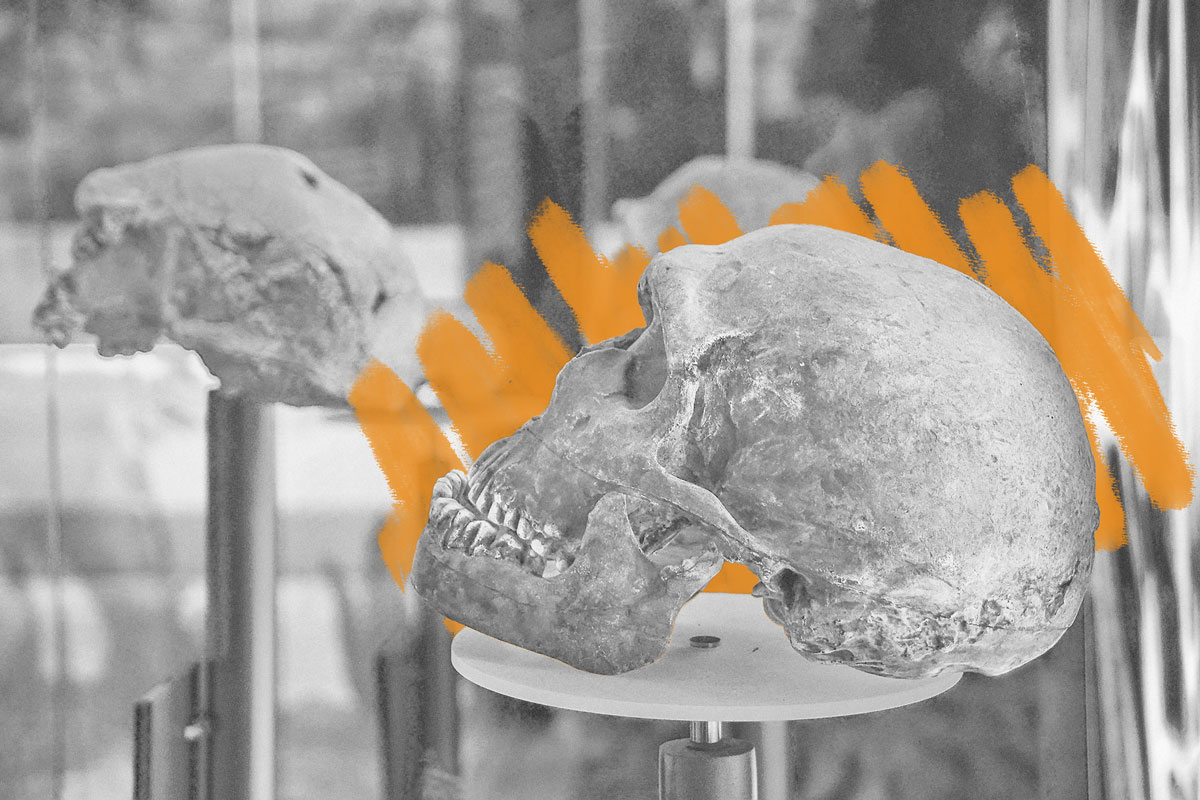Homo sapiens has been on Earth for only 0.0067% of its existence.
Though humans have been the planet’s dominant species for some 50,000 years, our reign is a blink of an eye in the grand scheme of things. Homo sapiens (Latin for “wise man”) has been on Earth for only 0.0067% of its existence, an infinitesimally small amount of time that emphasizes both how insignificant and how impressive a species we are. Homo sapiens first emerged in Africa approximately 300,000 years ago, at which point several other types of humans were still extant, including Neanderthals, Denisovans, Homo floresiensis, Homo naledi, Homo luzonensis, and Homo erectus. Though our ancestors are known to have coexisted with Neanderthals and Denisovans, it’s possible they never encountered the other early humans.
There are a number of theories seeking to explain why we survived and our predecessors didn’t, including superior brainpower and dumb luck, plus a newer theory suggesting that our interpersonal skills and dependence on one another helped us succeed where others failed. (Perhaps the secret really was the friends we made along the way.) We haven’t been here the longest — that would be Homo erectus, whose 1.5 million years on the planet is a record among humans that we sapiens won’t surpass for some 1.2 million years — but we have left the most sizable footprint. Whether that ends up being a good thing may be for the next species to decide.









